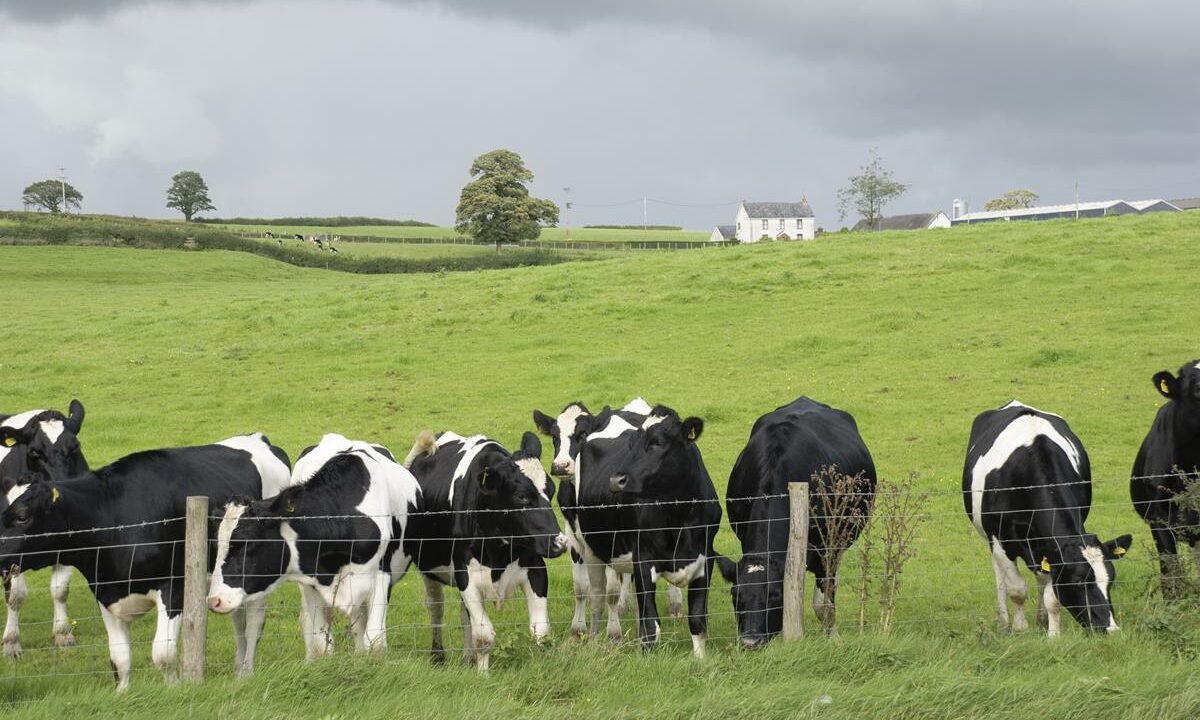There are still disparities between urban and rural areas in terms of GDP, employment, and access to services, Commissioner Phil Hogan acknowledged at Cork 2.0 Conference on Rural Development this week.
In his opening remarks at the conference, he said that there is a need to bridge this gap and a need to make a strong case that rural areas have a lot to offer as partners to urban areas.
Urban and rural areas are mutually dependent on each other, the Commissioner said.
“Rural areas are still lagging behind when it comes to employment opportunities and the provision of infrastructure.”
People, especially younger people, tend to leave rural areas which puts the economic viability of rural areas at risk.
“We need to make sure that rural areas are attractive places to live and work in if we want to reduce the youth drain,” he said.
Hogan stressed that agriculture and forestry are crucial for keeping rural areas socially, economically and environmentally viable and attractive.
“Even though there are fewer jobs in the primary sector, the importance of the related value chain for the rural economy remains essential with 44 million people employed in this sector.
“Farmers and foresters are the stewards of the countryside,” he said.
Services
Commissioner Hogan said that many rural areas still suffer from an undersupply of essential services such as schools and medical services.
“These basic services provide the very basis for the liveability of rural areas thereby promoting rural prosperity.
“The world in which we are living has changed. The digital transformation and the globalisation have changed our daily life as well as it has changed the life in rural areas. We must make use of the potential that this transformation offers for rural areas.
“In this context, it is essential that we overcome the digital divide between rural and urban areas. Despite the fact that 300 million EU citizens live in rural areas, only 25% are covered by fast or ultra-fast broadband, compared to around 70% coverage in urban areas.
“This situation needs to change and change rapidly in order to allow rural areas to seize the opportunities of a digital society,” he said.
The Commissioner said there is a need to update the EU’s vision for rural areas in Europe, taking all factors into account.
